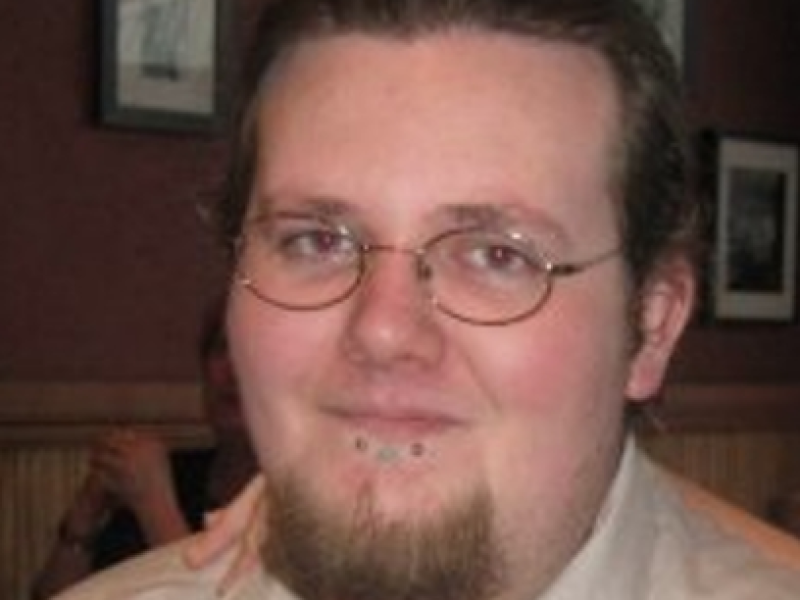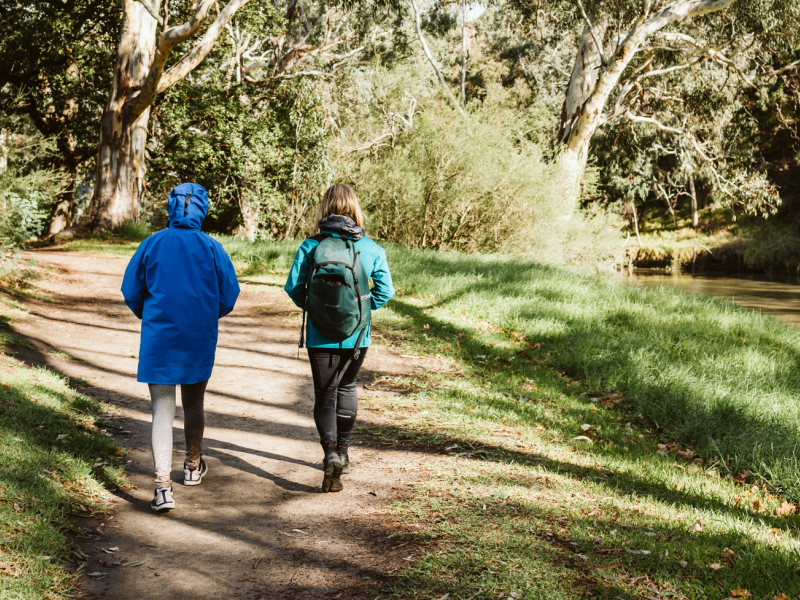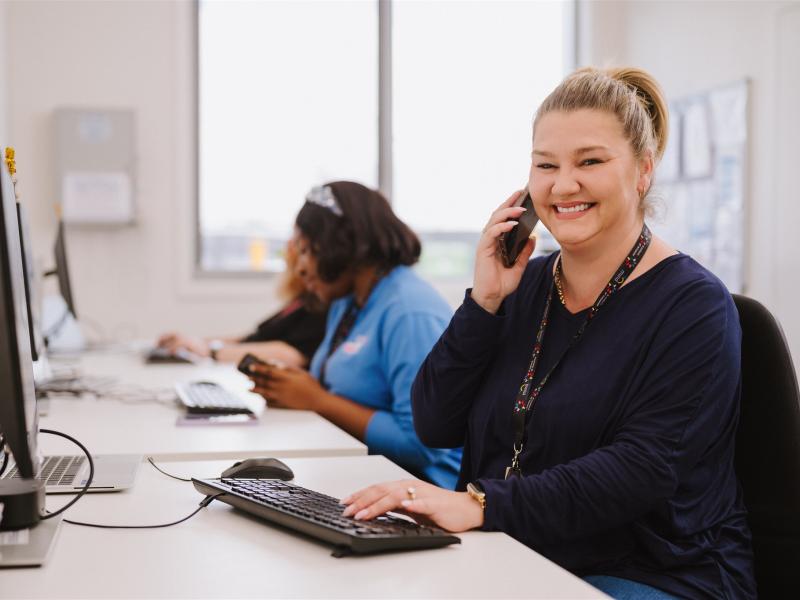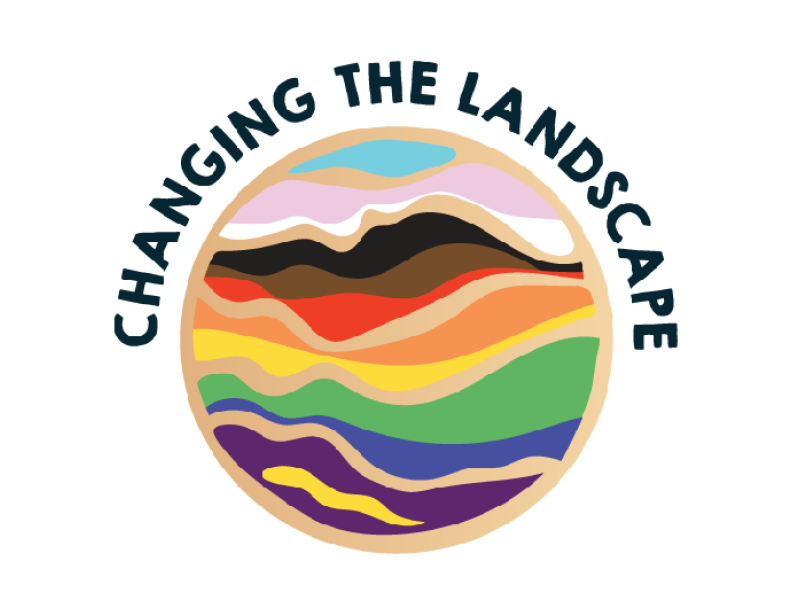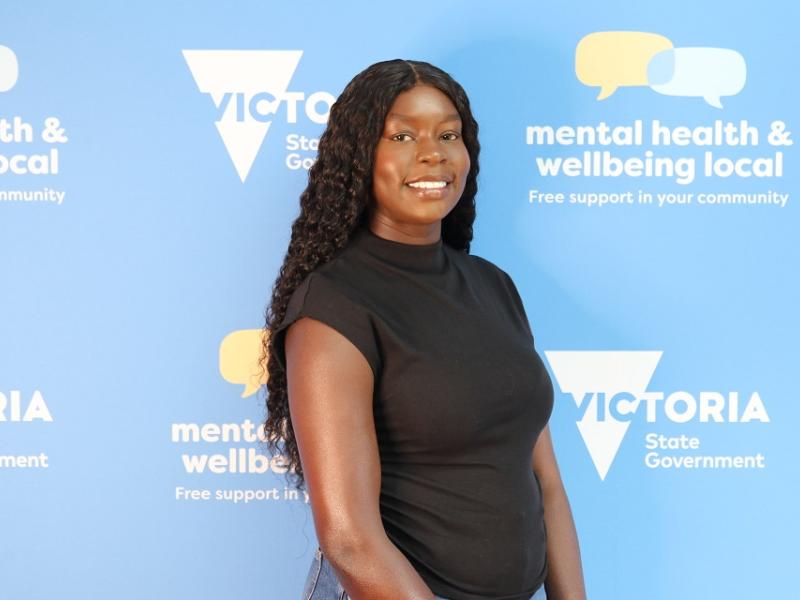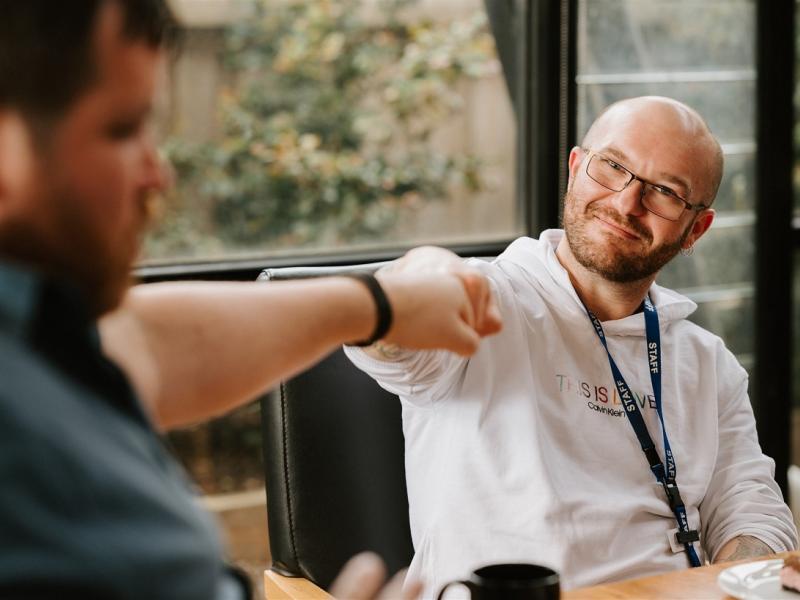The Mind Recovery College® helped Benjamin realise that he was not alone in his mental health journey.
The award-winning initiative is the first of its kind in Australia. It bridges the gap between mental health services and education programs, providing participants with the opportunity to identify their own learning needs and choose from a suite of courses aimed at improving their mental health.
Mental health and wellbeing concerns can increase your chance of feeling isolated and lonely. Benjamin said the opportunity to connect with others in a similar position was a valuable step in his recovery.
“I wasn’t aware that other people were dealing with the same thing I was,” the Wodonga resident said.
“After attending classes at the Mind Recovery College, I learnt about managing my mental health issues, dealing with voices in my head and I met a good friend.
“Together we were able to do things in the community and it’s nice to have people with the same issues as me to bounce ideas with and just talk to when I’m not feeling great.”
Benjamin, who has a diagnosis of treatment resistant schizophrenia, said the social skills and lasting relationships formed throughout his Mind Recovery College experience continue to support his ongoing wellbeing.
“There’s a nice sense of camaraderie at the Mind Recovery College. You’re not alone in your fight and I gained more confidence and social skills. Even if you go once, it’s definitely worth checking out if you are looking for support with your mental health,” Benjamin said.
“I’ve learnt a lot of helpful tips and tricks for dealing with my mental health issues, and it gave me a social forum that kind of enlightened me to all the different mental health issues out there.”
Kim Salter, Mind Recovery College Learning and Development Consultant and former facilitator, said connecting with people who have similar experiences to you can lead to many positive outcomes.
“Connecting with peers can reduce symptoms, increase ability to deal with stress and produce caring relationships with people who understand you, won’t judge you and will support you,” Ms Salter said.
“I noticed Ben was quiet when he first started Mind Recovery College courses, and then over time he opened up and started coming regularly to sessions. I was particularly moved when I witnessed an interaction between Ben and another student, something to the tune of that they had each other’s backs, and would be there in a heartbeat if either one of them needed support.”
The Mind Recovery College helps participants to build a more positive, connected and purposeful life through short courses designed to build knowledge, skills and awareness.
Participants choose from courses, which cover topics such as self-care, communication and relationships, and understanding mental health.
These courses are typically delivered by peer facilitators who use their lived experience of mental health and recovery to inform their work.
Find more information on the Mind Recovery College or call Mind Connect on 1300 286 463.
If this article raises concerns for you, please call Lifeline on 13 11 14. Aboriginal and Torres Straits Islanders can also call 13 YARN (13 92 76) a 24/7 national crisis support telephone service staffed by Aboriginal and Torres Strait Islander peoples.
If you would like more information, please contact us.
1300 286 463
[email protected]
